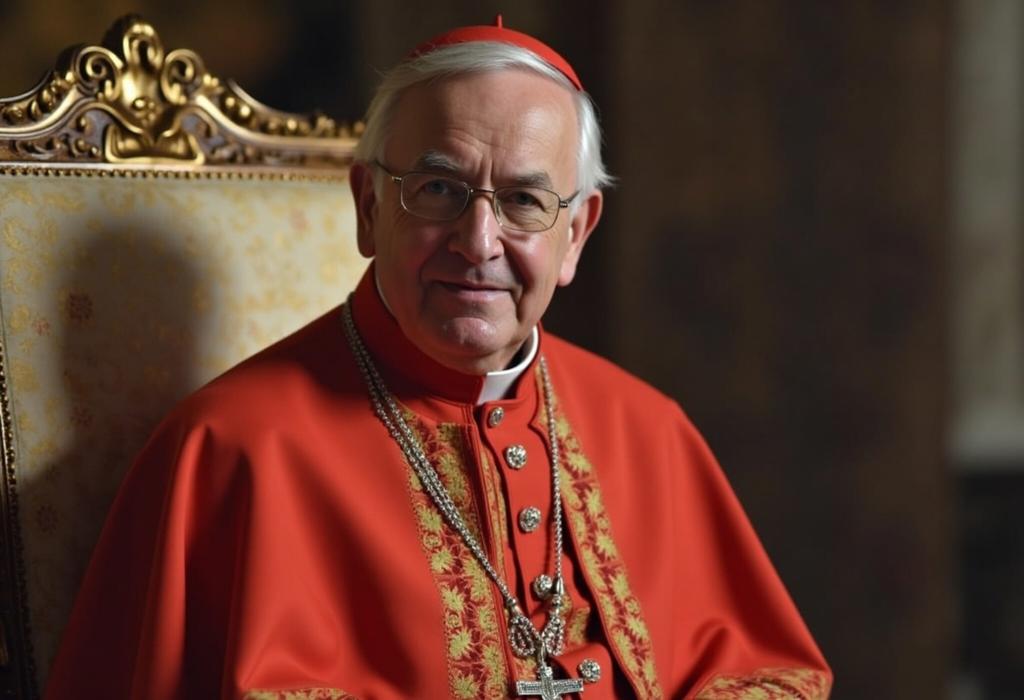The papal conclave, a centuries-old ritual held under the frescoed ceilings of the Sistine Chapel, is set to commence with 133 cardinals tasked with choosing the successor to the late Pope Francis, who passed away on April 21, 2025. This conclave is unique and complex, as many of the participating cardinals are relatively new appointees with limited experience in the intricacies of Vatican politics. Intriguingly, the cardinals have reportedly turned to the recent film 'Conclave,' starring Ralph Fiennes, for insights into the election process. A cleric involved in the upcoming conclave admitted some have watched the film to glean its relevance to their current circumstances, reflecting the ongoing dialogue between tradition and modern influence on religious practices.
The complexities of this conclave are exacerbated by pre-conclave lobbying and scandals involving various candidates. Notably, the film being used as a reference point illustrates the intersection of popular culture and serious ecclesiastical matters. The four frontrunners being discussed include Cardinal Pietro Parolin, the current Secretary of State for the Vatican, who is seen as a moderate; Cardinal Luis Antonio Tagle from the Philippines, often dubbed the 'Asian Pope Francis' for his progressive stance; Cardinal Peter Erdo from Hungary, known for his conservative views; and Cardinal Jean-Marc Aveline of France, a candidate seen as a potential successor favored by Pope Francis.
As the conclave signifies a pivotal moment for the Catholic Church, it highlights the evolving dynamics within the College of Cardinals and the influences of global politics and societal trends. Furthermore, the outcome of the conclave is uncertain not just due to the cardinal voting patterns but also the broader implications of having an electorate still adapting to its roles while dealing with a host of current controversies, including allegations against some leading candidates and questions surrounding allegiances and ideological divides within the Church.
AD
AD
AD
AD
Bias Analysis
Bias Score:
45/100
Neutral
Biased
This news has been analyzed from 13 different sources.
Bias Assessment: The article reflects a moderate bias as it presents multiple perspectives on the conclave process while also addressing the influence of modern culture and political lobbying. However, it lacks critical analysis of the implications of these influences, which could skew the reader's understanding of the seriousness of the papal election and its traditionalist foundations.
Key Questions About This Article




